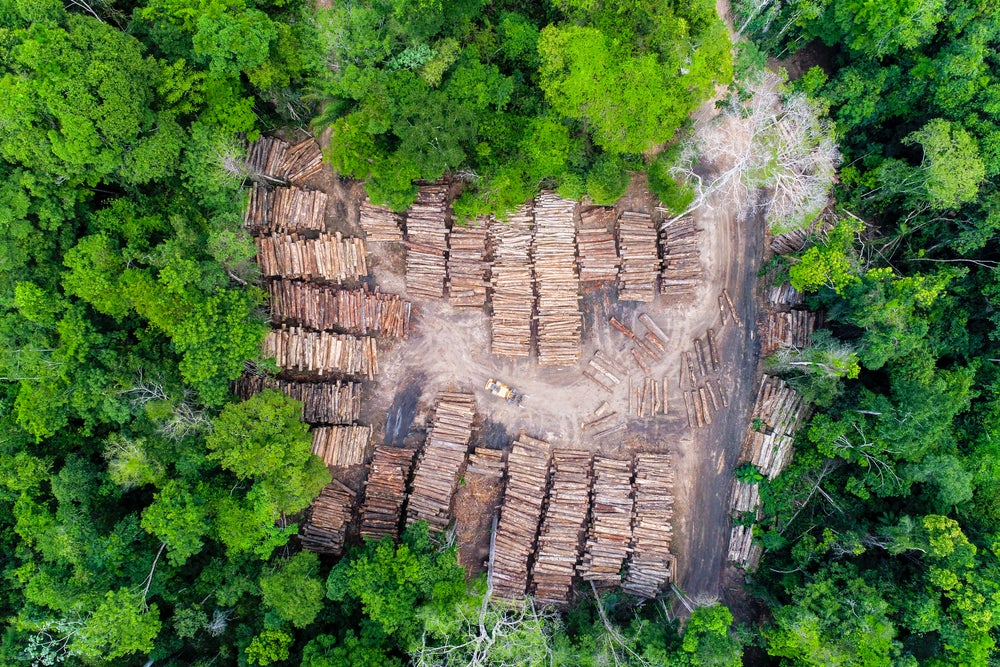The global conversation around deforestation has evolved significantly over the last decade.
In the past, efforts to minimise forest loss centred around public pressure and emotional appeals to protect cute animals like orangutans. But the introduction of new legislation, like the European Union’s Deforestation Regulation (EUDR), is forcing corporations and governments alike to take the issue much more seriously.
But beyond regulations, there is one key reason to prioritise deforestation: it is economically prudent. Companies should recognise the value of forests as a source of natural capital and protect them accordingly.
The emergence of stricter deforestation legislation
The regulatory landscape around forest protection is becoming increasingly robust. The EUDR will be fully enforced on December 31, 2025. This requires companies that work with cattle, cocoa, coffee, palm oil, rubber, soy, or wood to prove that their supply chains are entirely free of deforestation, or they will be unable to import goods to the EU.
Any company that fails to comply with this will be fined up to 4% of their EU revenue. This significant financial risk is compelling businesses to take deforestation concerns seriously. Other regions, like the UK and Brazil, are also developing deforestation frameworks that will support or align with the EUDR.
There is a rational economic case for forest protection
While the threat of fines is a powerful motivator, it should not be the sole factor driving companies to develop deforestation strategies. Forests represent a vast reservoir of natural capital, which encompasses the natural resources and environmental services that contribute economic value to human societies. Understanding the diverse ways in which forests contribute to global natural capital is essential for appreciating their true worth.

US Tariffs are shifting - will you react or anticipate?
Don’t let policy changes catch you off guard. Stay proactive with real-time data and expert analysis.
By GlobalDataForests provide countries with tangible assets that help to keep their economies stable. The potential for sustainable timber production, if valued properly, could improve countries’ borrowing power.
Similarly, the wealth of biodiversity found in certain forests includes species that could yield pharmaceutical breakthroughs in the future. These assets would be obliterated by mass deforestation, depriving forested countries of capital they may not even have been aware they had.
As well as physical assets, forests provide services that keep the global economy ticking
Ecosystem services provided by forests play a vital role in keeping our planet habitable for humans. They purify water sources, cleanse the air of pollution, act as carbon sinks to mitigate climate change, and even provide protection against coastal flooding. These services are essential components of countries’ infrastructure to safeguard public health and welfare.
Forests also provide services that support the production of many key commodities. For example, they act as habitats for a wide range of pollinators like bees, wasps, and butterflies. Without these pollinators, agricultural production would suffer massively, impacting people and economies right across the world.
Forests also play an important part in maintaining the water cycle. Any disruption to this from large-scale forest loss has the potential to devastate entire harvests, damaging food security.









